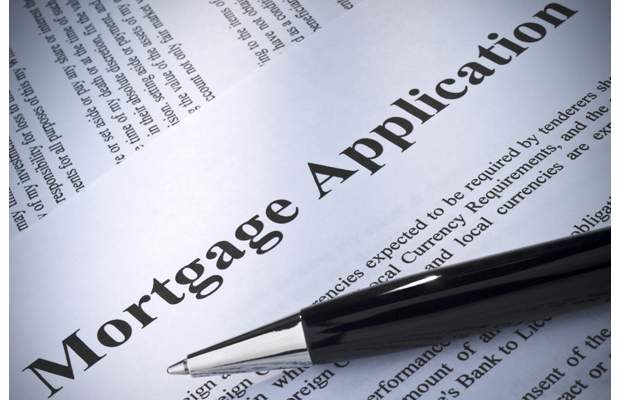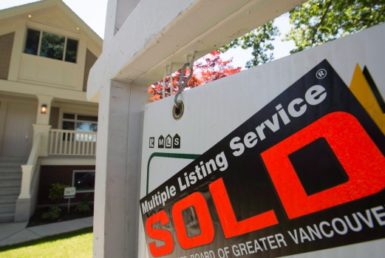
Historically low mortgage rates are encouraging more people to enter the real estate market. While rates are important when it comes to buying a home or condo, there are more questions first-time home buyers need to ask before they purchase.
The easiest thing to compare when shopping for a first mortgage is rates, but Ryan Mckinley, Vancity mortgage development manager, said they aren’t the most important thing.
“Depending on how often people move or change jobs, you’re not necessarily going to be in that mortgage for the entire term,” said Mckinley. “While it seems like you are getting the best deal for you, you need to ask what the penalty will be if you break that term.”
According to Mckinley, there are two standard penalties that are charged: A three-month interest penalty, which is fairly straightforward, as well as an interest rate differential. The penalties can be applied in different ways and by using different numbers.
Mckinley said it’s important to ask about the whole package, which could include profit-sharing options at credit unions.
A common mistake first-time home buyers make when they head into the market is being unaware of the impact of their unsecured debts, like car loans and leases.
“It’s really interesting because you see the car commercials and they say $350 a month over a fiveyear period. It seems affordable, but you are using the same money that you need to qualify for a mortgage,” said Mckinley. “For example, if you’re making $70,000 a year and you don’t have many other unsecured debts, you can afford about a $350,000 mortgage. If you then take on a $500-a-month car loan or car lease payment, the $350,000 you could have been approved for before has now reduced to $250,000.”
It’s important to have a full picture of what you can afford compared to what you qualify for before you pen the deal on a new home.
Mckinley said the fear of being mortgage poor can be avoided by doing some simple budgeting and planning before you purchase.
“When you sit down with the professional you’re working with calculate what the total cost is going to be, which could include your new mortgage, strata fees, property taxes and anything else you aren’t paying now,” he said. “Find out what that total number is and compare that to the rent you may be paying now. Take that difference and start an automatic payment each month coming from your account that goes into a savings account so you can live with it each month to see what it is like to have those payments and see if it is comfortable.”
11.29.2013




Join The Discussion